Interview with Erik Wirsing, Vice President Global Innovation, DB Schenker
In 2018, the global logistics service provider DB Schenker with headquarter in Essen and the Croatian startup Gideon met in the semifinals of the Start.up! Germany Tour.
Having worked together in different projects since 2018, DB Schenker joins in June 2021 a $31 million Series A investment into the Croatian robotics and AI solutions company to accelerate the development and commercialization of its AI & 3D vision-based autonomous mobile robots (AMRs).
In this interview, Erik Wirsing tells us why the startup is so interesting for DB Schenker and how the company generally looks for exciting startups.
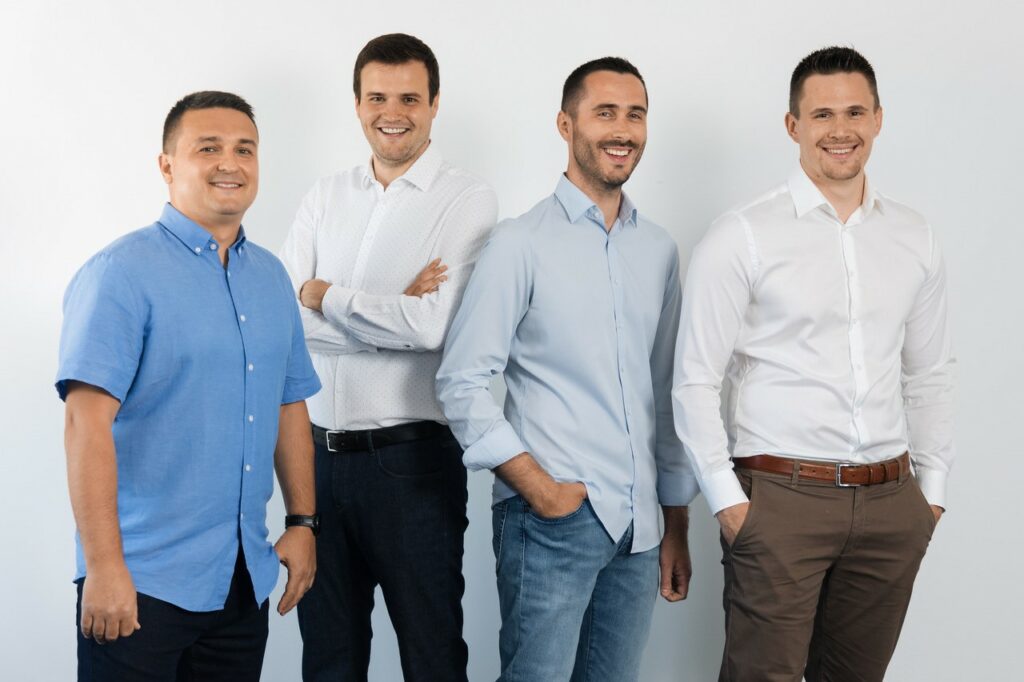
Please describe DB Schenker and your (international) startup activities.
As one of the global leading logistics providers we are present at around 2100 locations worldwide, providing around 700.000 customers with our services in Land, Air & Ocean as well as Contract Logistics.
In our Company we strive to transform and digitize our core business on the one hand and to seize the opportunities of new business models on the other hand.
Startups play a key role in digitizing and transforming the logistics industry. They are very successful in identifying emerging customer demands, tailoring individual services and rapidly developing prototypes.
With our global logistics network and open innovation approach, we embrace collaborations with dynamic startups across the planet – to challenge what we already have in practice at DB Schenker and create new business models.
Our goal is to win together - Instead of competing, we want to create valuable synergies beneficial for both DB Schenker and creative startups. By teaming up with us, startups can widen their logistics network, as well as benefit from the expertise of DB Schenker and the Deutsche Bahn group.
Describe the (industrial) technology of Gideon Brothers you are investing in here? (Gladly with concrete use cases)
Gideon Brothers specializes in flexible automation of horizontal and vertical material handling processes for logistics, warehousing, and manufacturing. DB Schenker identifies the main use cases in using the Autonomous Mobile Robots for various pallet handling operations in Contract Logistics warehouses and Land Transport terminals such as automated loading/unloading of trailers or pallet picking/putaway operations in racks.
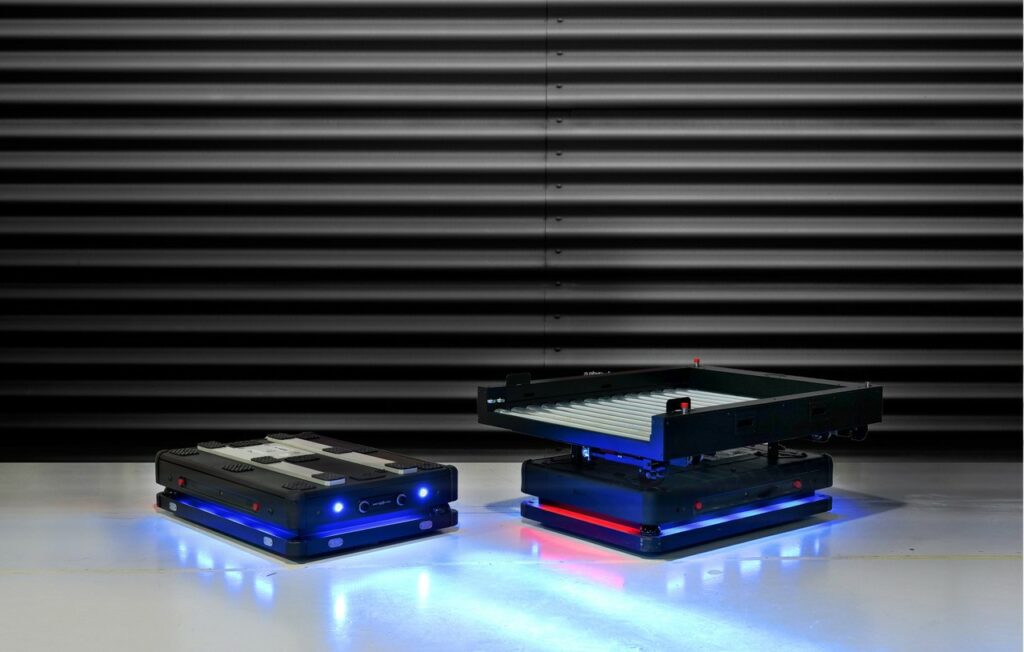
What are the opportunities and potentials for DB Schenker?
With its advanced mobile robots and complete software solutions for autonomous indoor and outdoor operations, Gideon Brothers helps businesses solve their most complex supply chain challenges. Such as rising customer expectations, increased product variability and logistics volumes, growing variety of distribution channels and ultimately labor shortage.
What was the decisive factor for you as an investor to make an investment here?
DB Schenker has the strong ambition to be the frontrunner in innovation and AMRs is one of our identified core technologies to drive this ambition. After a successful first pilot project with Gideon Brothers in one of our Contract Logistics operations and the huge potential we see in future technologies of Gideon Brothers, the decision was made to invest in this startup.
What factors lead to international startups becoming interesting for you?
Due to the fact that DB Schenker is globally present with all kind of transport modes and services in various vertical markets we have no limitations when it comes to location or the technology a startup offers. Our goal is to collaborate with startups to test and eventually scale their solution in our organization. If a startup offers an innovative and smart solution that is at least ready to be tested, we are happy to cooperate and co-create.
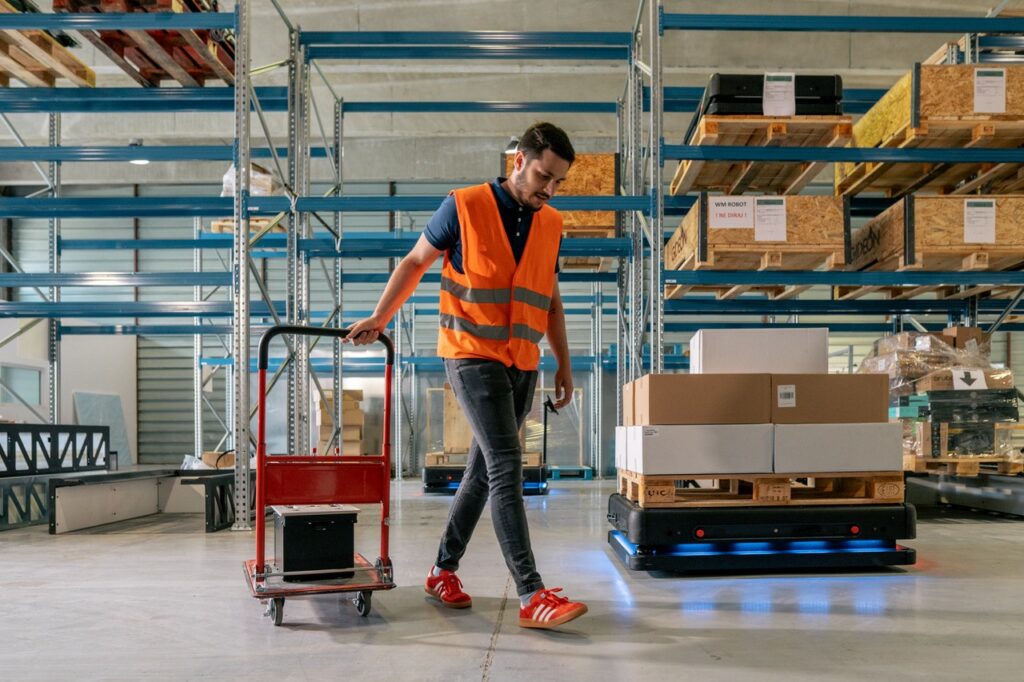
What is the best way for international startups to get in touch with you?
The best way to get in with us is via our mail address: startups@dbschenker.com
It is great if the startup can send us their pitch deck so we can check the solution with our experts in the particular field and get in touch with the startup afterwards.
What was your experience of the Start.up! Germany Tour?
We have had very good experiences with the Startup Tour in the past. It was a very good and diverse selection of startups from many different countries. All participants had a high motivation and a good spirit. There were many intercultural and value-added conversations before and after the event with the startups. Above all, looking back, the physical event was an important factor to make the right connections right on the spot. The cooperation with Gideon Brothers is of course a very special and positive outcome for us.
Click here to go to part 2 of the success story of DB schenker and Gideon Brothers.
First of all, please describe your role as AHK in the ecosystem and establish the link to Germany.
Thanks to our programs such as startup discovery tours both in France and Germany and European projects like Access2Europe, the French-German Chamber of Commerce and Industry is an important player in the French-German Startup ecosystem.
Startups are at the heart of innovation which is the reason why we want to create a strong link between them and established players in the industry. That’s why we organise startup pavilions at high-level tech events like Vivatech. The key factor of our success is our network of 800 French and German member companies and established players of the local startup ecosystems.
We believe that the following three elements lead to success
- Establishing strong connections between the different stakeholders through matchmaking and discovery tours in the different local markets and ecosystems
- Preparing the market entry in Germany or France with research and information and by participating in high-level events
- Participating in an active exchange of experience.
Present your startup ecosystem. What distinguishes it / What are its special features?

Events coordinator and Head of the Chamber's Young Business Leaders Club
© Stephen Zezza
France is internationally known for its startup ecosystem. Station F, the world’s largest startup campus, is based in Paris and France has witnessed success stories such as Blablacar, OVH, Doctolib, Deezer… and others! To give you a few figures and to show the recent changes, today, there are more than 28 000 startups, 114 accelerators and 159 workspaces in France – which is 10 times more than in the last decade.
The French tech ecosystem is mature and attractive and has managed to bring out a total of 26 French unicorns.
France is also the right place to get funding! France has become the leading ecosystem in the European Union in terms of fundraising, passing Germany for the 1st time. In 2021, the majority of investments went to FinTech, HealthTech and Gaming. The good results of the French tech companies are the outcome of a significant investment from the French Government in innovation, in the start-up ecosystem and in research.
Where do you see developments and potential?
Since 2018, France has been defined as a Startup Nation and offers great support for startup thanks to organisations like FrenchTech, BPI and France Digitale for example. Incubators are getting more and more international by supporting foreign startups.
If you look at the big picture, France is the 12th country in the 2020 Global innovation index (16th in 2019), 2nd European country in terms of patents issued and 4th at the global scale, with 6,2% of the patents requested to the European patent office. With the “Programme Investissement d’Avenir 4” (2021-2025), France also plans to invest 20 billion euros in higher education, research, innovation and innovative companies such as startups.
Another important point: Germany and France are not only neighbours but also long-time economic partners and represent the first market in Europe. Germany is the leading European investor in France. The 2019 Aachen Treaty has also led to the creation of a French-German research and innovation network ("virtual centre") for artificial intelligence and innovation with a subsidy programme for startups supported by the Central Innovation program for small and medium-sized companies (ZIM) and the Public Bank for Investment (BPI).
In your opinion, what makes the German market interesting for French startups?

There is especially one point I would like to emphasize: France has the technology and Germany has important data thanks to its industries. There is a perfect match between the Startup Nation and the Industry Nation which makes our two countries complementary.
It is also important for French startups to know, that the German economy is stable and robust which is attractive if you want to expand your business and find partners, investors, and clients.
How could you improve the market entry for specifically French startups?
Before entering the German market, we prepare French startups for their market entry: we help startups to get the right information about their branch and the startup ecosystem, we help them to learn to understand the French-German cultural differences, and prepare them for the German mindset in terms of business, recruitment, and communication. And thanks to our strong network, we introduce French startups to potential German customers and partners.
What were your reasons for participating in the Start.up Germany Tour?
The program is not only exciting, but it also corresponds to our values as we want to create and increase the link between startups and industry in the French-German market. By getting to know various German cities, learning more about the startup ecosystem and connecting with many stakeholders, this program matches with our DNA.
Digital location North Rhine-Westphalia: Business opportunities for international startups
North Rhine-Westphalia (NRW), Germany's most important economic region, offers young companies optimal conditions for growth. Many of them have already expanded successfully, because NRW offers plenty of room for investment and innovation, explains Felix Neugart, Managing Director of the state-owned foreign trade promotion company NRW.Global Business.
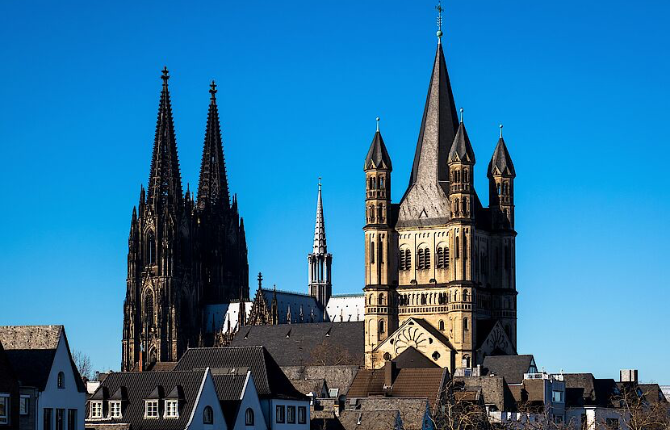
Mr. Neugart, why is North Rhine-Westphalia particularly interesting as a business location for international startups?
Felix Neugart: You have to think of NRW as the economic heart of Germany and an international hub. The region is not only the economically strongest of all the German states with a GDP share of more than 20 percent, but also the No. 1 investment location for foreign companies. Around 20,000 foreign companies have settled in our region. They benefit not only from the ideally connected location in the center of Europe, but also from an innovative, future-oriented environment. NRW plays a key role in Germany's digital transformation. We combine traditional industrial structures with a strong ICT sector. It is precisely these interfaces between classic industry and innovative IT solutions that offer the best conditions for the digitization of production and logistics processes, for example. This results in exciting prospects for international companies from the digital economy.
It sounds as if international startups in particular have opportunities in North Rhine-Westphalia. How do you assess that?
Felix Neugart: Absolutely, NRW offers excellent market opportunities for young companies with innovative technologies. For one thing, no other location in Europe can reach so many people in such a short distance: More than 160 million people live within a radius of 500 km around the state capital of Düsseldorf. On the other hand, the state's high density of industrial and trade trading companies, the state offers numerous B2B customers and cooperation partners. With more than 700,000 SMEs, it is not only home to a strong entrepreneurial middle class, but also to more than a third of the 50 companies with the highest sales in Germany. For SMEs in particular, digital transformation is naturally a top priority. Our NRW companies benefit from the know-how that international startups bring to the state.
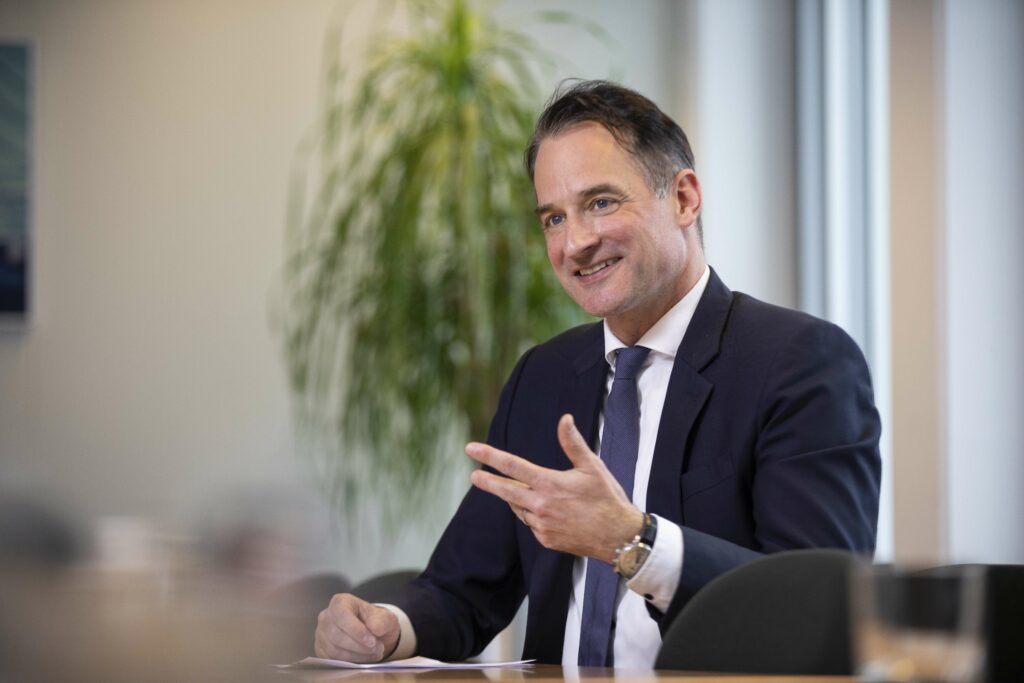
What are the general conditions for startups in North Rhine-Westphalia?
Felix Neugart: International startups are in good hands here. The state has a dynamic startup scene; by now, every fifth German startup comes from NRW. In addition to customer proximity, they particularly appreciate the considerable potential of skilled workers. 68 universities in the state educate around 770,000 students. This talent pool has been growing constantly for years - an important location advantage for startups as well. They also find a dense support network here: accelerators such as Startplatz, xdeck or Startport provide support with mentoring, workspaces and qualification measures. Five regional DWNRW hubs and players such as Digital Hub Cologne, Founders Foundation or garage33 connect startups with SMEs and large industrial companies. DigitalHub.Logistics in Dortmund and InsurLab Germany in Cologne also have a targeted industry focus here. The big players in our economy are also active themselves: Metro, T-Mobile, Vodafone, Evonik and eon, for example, run accelerator and cooperation programs to invest in innovative business models. For community building and, above all, for contact with investors, there are various matchmaking platforms such as startups.nrw or Matchmaker Ruhr. In addition, numerous events bring the scene together, such as the world's largest trade fair for digital marketing dmexco or events such as Pirate Summit, StartupCon, RuhrSummit, Digital Demo Day or Hinterland of Things. Another important contact is the startup association NRWalley, which also supports international startups in entering important networks.
How does NRW.Global Business support startups in implementing their international expansion?
Felix Neugart: NRW.Global Business supports startups with their plans and projects to locate or grow in NRW. As a state-owned company for the promotion of foreign trade, we support the companies throughout the entire process as a confidential contact for all project-related issues. Even during the analysis and planning phase, we provide them with our expertise and a proven network of contacts from business, science, politics and administration. This ensures a good start in NRW.

The Indo-German Chamber of Commerce (AHK India) participates as one among other German Chambers of Commerce Abroad at the Start.up! Germany Tour 2021 by acquiring and selecting promising startups from India to participate in this year's Start.up! Germany Tour.
In this interview we talked with Mrs. Chaitra Dole, Manager for Outbound Services from the Indo-German Chamber of Commerce (IGCC) about the startup ecosystem in India and their role as AHK in the ecosystem. As part of the business advisory team, she is the Startup Lead and is assisting Indian companies with their trade and investments into Germany.

Dear Chaitra, please describe your role as AHK in the ecosystem and establish the link to Germany.
Given our long standing experience, IGCC plays an important role in connecting the new economy with the old economy. There are several initiatives in the Indo-German start-up space, and IGCC is playing a key role in fostering cross-border start-up ecosystems. We are partners to initiatives like GINSEP and AsiaBerlin.
We are building close rapport with members and Corporates in India and Germany to understand their innovation requirements and accordingly assist them further to scout for relevant start-ups / new age technologies. We can provide market information and insights to startups, assessing market entry opportunities and accordingly establishing a value proposition. We can connect them with corporates and suitable business partners for conducting pilots and / or offering products and solutions.
Together with industry mentors and experts, we can offer guidance and coaching to startups on scaling up and developing sales strategy in the respective markets, customising and improving their pitch decks for local markets. We can also provide information on custom duties, taxation and protection of intellectual property.
Present your startup ecosystem. What distinguishes it? What are its special features?
The ecosystem was barely notable a decade ago, but has now caught up and, according to common parameters such as the number of 'unicorns', investment volume, number of startups or jobs created by startups, is in third place worldwide behind China and the USA. There are currently 12,500 start-ups in the country, out of which 1,600+ start-ups were added in 2020. The ecosystem has witnessed a y-o-y growth of 8-10% between 2015-2020. The total number of unicorns is 59 as of August 2021, there are 300+ active institutional investors and 520+ incubators and accelerators active in India.

The most mature and largest sectors include EnterpriseTech Solutions, FinTech, HealthTech and Retail & RetailTech. Besides, there is an increased use of DeepTech. The startups in India are currently still concentrated in three hubs: Bangalore, Delhi and Mumbai, but the growth of the industry is broad-based and other cities can develop into hubs in the medium to long term. The evolution of the start-up ecosystem in the past few years can be attributed to factors like government support – Start-up India campaign, availability of funding, pool of talent, increased use of internet amongst others. Also, more and more entrepreneurs who have already successfully developed their own ventures are promoting the growth of other startups with new ideas or in the form of financial support.
Where do you see developments and potential?
Verticals like Enterprise Tech, HealthTech, FinTech, EdTech and RetailTech have contributed to the growth in 2020. The pandemic has disrupted the economy, but it has also accelerated the growth in digital services and sectors like EdTech. The ecosystem offers opportunities in various other sectors for technologies like AI, Blockchain, AR/VR, Robotics, IoT and Big Data and India offers a large tech-savvy talent pool to keep up with newest technologies. Other segments such as infrastructure and logistics have been traditionally lagging in international comparison, and local startups are supporting overcoming these challenges and elevating the industries to global standards. Indian start-ups offer innovative solutions that can also be applied globally. In India, there is an unprecedented surge in demand among consumers for health and term life insurance, and the convenience of buying insurance through an app make InsurTech one of the most promising sectors in India.
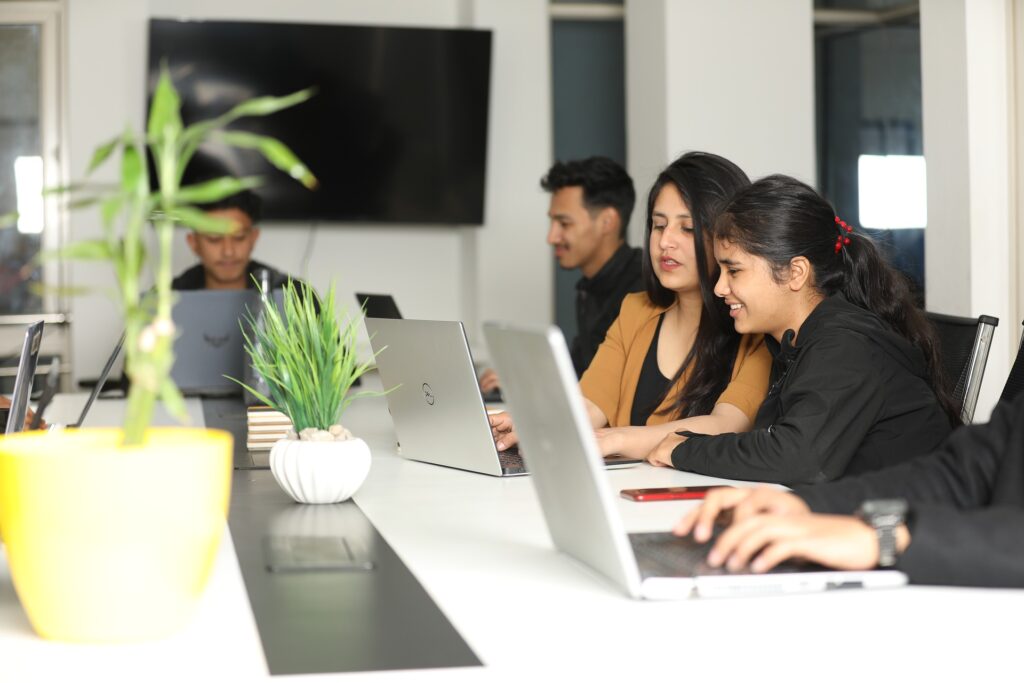
In your opinion, what makes the German market interesting for Indian startups?
Germany lies in the heart of Europe and can be a springboard for the entire continent. There is already a strong partnership between Germany and India for developing sophisticated technology and engineering. Great infrastructure, stable and robust economy and ease of doing business are some of the other factors that make German market attractive for Indian start-ups.
What were your reasons for participating in the Start.up! Germany Tour?
We had enriching and positive experiences with the previous editions of Start.up! Germany Tour. The tour gives our start-ups the opportunity to get to know various German cities, learn more about the start-up ecosystem and connecting with various stakeholders.
How could you improve the market entry for specifically Indian startups?
By establishing the network as first crucial step, by advising on product-market fit and by supporting and building connections with corporates and German SMEs.
This year, the Ministry of Economic Affairs, Innovation, Digitalization and Energy of the State of North Rhine-Westphalia is one of our main partners of the Start.up! Germany Tour 2021. We are happy to share with you a warm welcome and greetings from our Minister of Economic Affairs, Innovation, Digitalization and Energy of the State North Rhine-Westphalia Prof. Dr. Andreas Pinkwart.
"Dear Ladies and Gentlemen, dear Entrepreneurs all around the world. Entrepreneurship is of high relevance on a global scale. Innovations can emerge around the world and entrepreneurs may use global markets to sell their products or offer their services.
With the Start.up! Germany Tour we want to provide visibility and financial support to promising international new business endeavors. We offer price money worth of 15.000 Euros in total to the top three startups of this tour.
Together with the network of the national and international chambers of commerce as well as NRW.GLOBAL Business as main partner and Germany Trade and Invest, we are jointly organizing this year’s Start.up! Germany Tour. This format has been successful since 2017. Last year more than 120 startups from 30 countries participated in our virtual Start.up! Germany Tour.
Today is the kickoff of this years tour with many exciting followup events to come, such as the ruhrSUMMIT in June or the Digital Demo Day in September. We are proud that participants of close to 40 countries worldwide will be pitching their ideas in the following weeks. We look forward to inviting the top 15 startups to Germany to show you our entrepreneurial ecosystem and connect you with our key players. Here in the state of North-Rhine-Westphalia, we have a highly supportive entrepreneurial ecosystem with numerous stakeholders who coach emerging startups, such as our five digihubs or our 75 STARTERCENTER NRW.
Also we offer new enterprises, who are selecting our state as main location for their business activities, a welcoming package of up to 3.000 Euros. We want to encourage you to join our Start.up! Germany Tour, pitch your ideas and grow your businesses on an international scale.
A warm welcome, here in North-Rhine-Westphalia."
